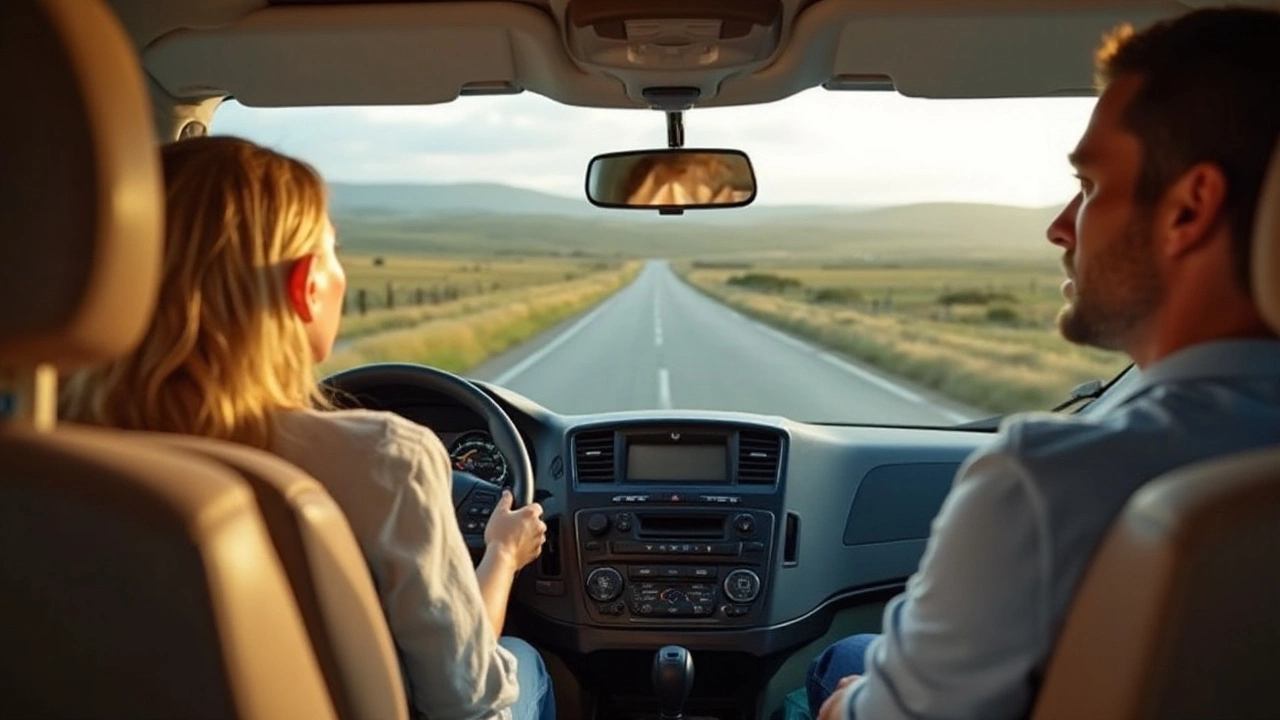Motorhome Legality: The Basics for UK Travelers
If you’re planning to explore Britain in a motorhome, the first thing to check is whether you’re following the law. Nobody wants a ticket or a tow truck stopping a perfect holiday. Below you’ll find the most common rules that affect driving, parking, and camping with a motorhome.
Road & Driving Rules
First off, a motorhome is treated like a car on the road, but it has a few extra limits. The speed limit for most motorhomes is 50 mph on single carriageways and 60 mph on dual carriageways, unless the vehicle is over 3.5 t, then it drops to 45 mph. Always check the badge on your cab for the exact limit.
Do not forget the licence requirements. If the vehicle’s gross weight is under 3.5 t, a normal Category B licence is enough. Over that, you’ll need a Category C1 licence. It’s easy to miss, especially if you rented a larger coach‑type motorhome.
Driving an LPG‑powered motorhome also has rules. You must carry an LPG safety certificate and keep the system serviced. Police can ask to see proof, and you could be fined if it’s missing.
Camping & Parking Rules
Wild camping is a hot topic. In England and Wales there is no legal right to stay on private land without permission. That means you should look for official sites, farms that allow overnight stays, or use a paid campsite. Scotland is different – the Land Reform (Scotland) Act gives you a right to camp on most unenclosed land, but you still need to respect the environment and local rules.
Stealth camping, where you park in a lay‑by or service station and sleep inside, is technically allowed if you’re not causing a disturbance and you leave no waste. However, many local councils have bylaws that forbid overnight stays in public car parks. The safest move is to check signs or ask a local authority.
When you park on a public road, the motorhome must not block traffic, sidewalks, or private driveways. Use the “park and stay” rule – park for a short break, not an overnight stay, unless it’s a designated overnight spot.
Motorhome waste disposal is also regulated. You must empty the black water tank at a designated dump point, usually found at most campsites and service stations. Dumping on the roadside is illegal and could lead to heavy fines.
Finally, don’t ignore local bylaws about fire pits or generators. Many beaches and forests ban open fires, and some areas restrict generator use after certain hours. Always read the site’s rules before you set up.
Bottom line: plan ahead, stick to official sites whenever possible, and keep your paperwork ready. By respecting the rules, you’ll enjoy a hassle‑free motorhome adventure across the UK.
-
 VIEW POST
VIEW POSTWalking Inside Your Motorhome: What You Need to Know About Laws and Safety
Oct, 17 2024|0 CommentsExploring the legalities and safety considerations of moving around inside a motorhome during travel is crucial for road-trippers. This article delves into the regional laws and guidelines that govern such activities, along with practical advice for staying safe while on the move. It highlights the importance of following seat belt rules and ensures the reader is informed about the potential risks involved. With insights into common practices and an emphasis on caution, it guides motorhome enthusiasts through a safe and enjoyable journey.